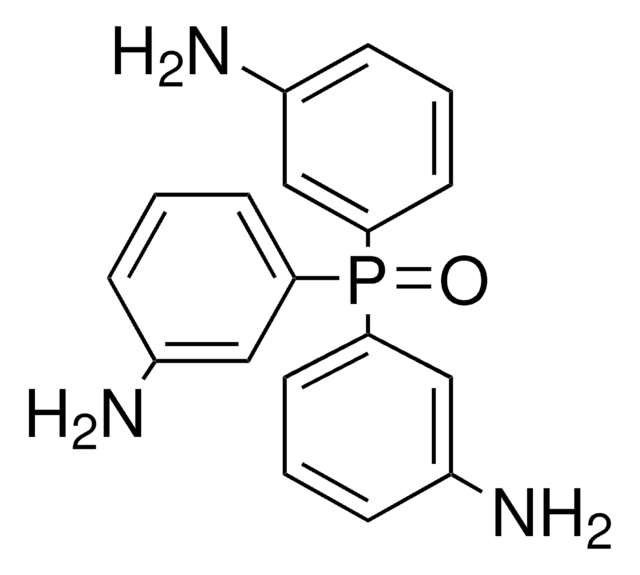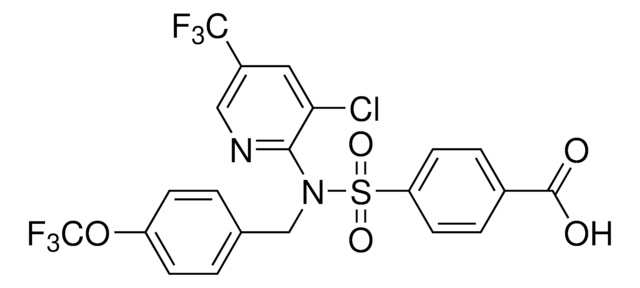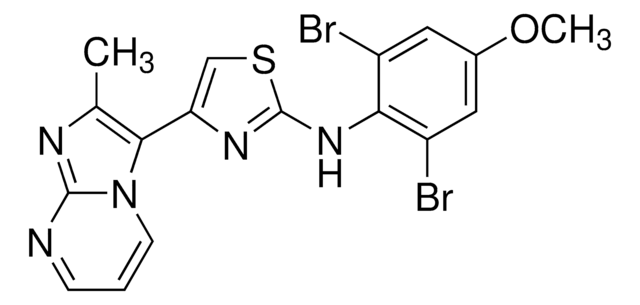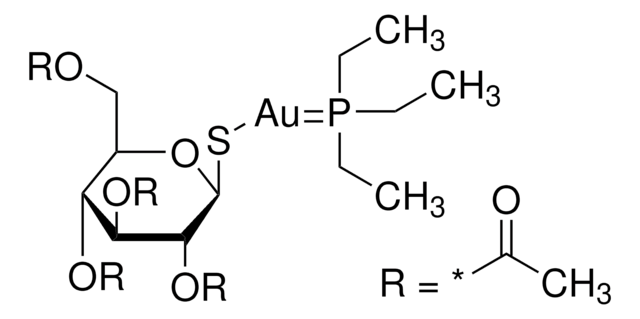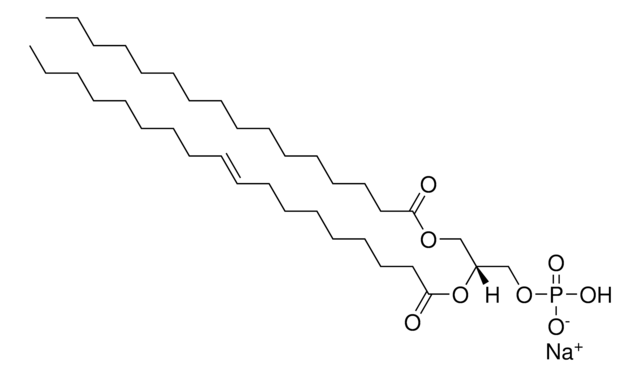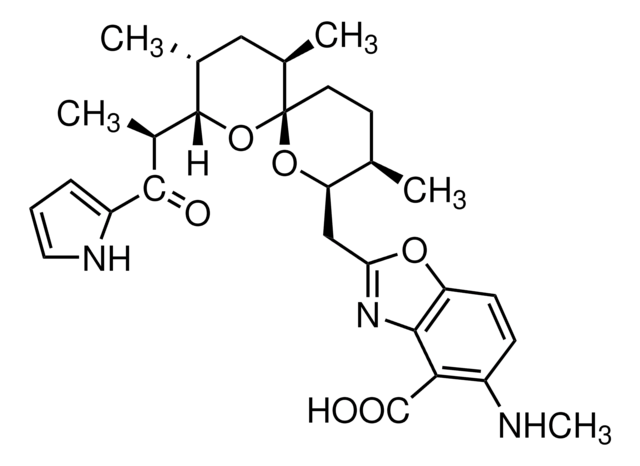SML0068
CTP Inhibitor
≥98% (HPLC)
Synonym(s):
ZINC Compound 792949; 4-Chloro-3-[[(3-nitrophenyl)amino]sulfonyl]-benzoic acid
About This Item
Recommended Products
Quality Level
Assay
≥98% (HPLC)
form
powder
color
white to tan
solubility
DMSO: ≥23 mg/mL
storage temp.
2-8°C
SMILES string
OC(=O)c1ccc(Cl)c(c1)S(=O)(=O)Nc2cccc(c2)[N+]([O-])=O
InChI
1S/C13H9ClN2O6S/c14-11-5-4-8(13(17)18)6-12(11)23(21,22)15-9-2-1-3-10(7-9)16(19)20/h1-7,15H,(H,17,18)
InChI key
IIJQJWNGBILZCU-UHFFFAOYSA-N
Application
CTP inhibitor has been used in mouse to study the transition of endothelial to mesenchymal cells.
Biochem/physiol Actions
Storage Class Code
11 - Combustible Solids
WGK
WGK 3
Certificates of Analysis (COA)
Search for Certificates of Analysis (COA) by entering the products Lot/Batch Number. Lot and Batch Numbers can be found on a product’s label following the words ‘Lot’ or ‘Batch’.
Already Own This Product?
Find documentation for the products that you have recently purchased in the Document Library.
Our team of scientists has experience in all areas of research including Life Science, Material Science, Chemical Synthesis, Chromatography, Analytical and many others.
Contact Technical Service